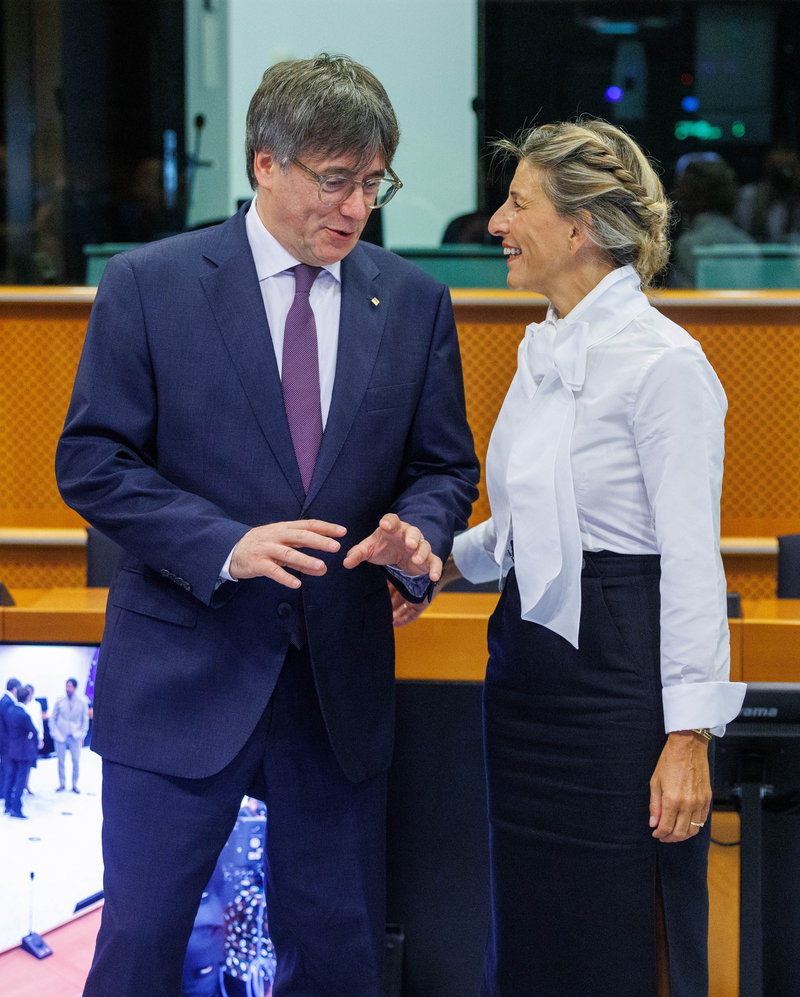POWER, LIES AND NEGOTIATIONS
Power has some rules that laypeople often miss. As Machiavelli explained long ago, princes must always present themselves as faithful and trustworthy yet be ready to deceive as often as convenient, for “men are so simple, and so subject to present necessities, that he who seeks to deceive will always find someone who will allow himself to be deceived.”
Power-wielders deceive easily not only because they ostensibly have the power to fulfil their promises (whether they later choose to do so or not), but also because they can use that power to create “present necessities” that they can then offer to satisfy – for a price. Thus, in Spain, several Catalan pro-independence leaders were imprisoned on trumped-up charges throughout 2017-2018 and then offered their pardon as a bargaining token. Courageously, several of them publicly rejected that their freedom be bought this way, yet recently members of ERC (Republican Left of Catalonia) stated that the pardons had resulted from ERC’s negotiations – which, at least outwardly, did not seem to yield any other benefits.
Political repression against Catalan pro-independence activists has reached levels unbecoming to any modern democracy since 2017. Over 4,000 people have been victims of lawfare, some already sentenced to long prison terms on flimsy evidence, and even Gonzalo Boye, the highly effective lawyer of exiled President Puigdemont, has been accused of money-laundering in what appears to be evidence made-up by Spain’s own security services. The “rule of law” can only exist if the state machinery commits to applying the law equally to everyone, as opposed to making and bending rules for its own benefit. Sadly, institutional quality in Spain is too low for this – which becomes particularly obvious when the state faces a challenge like the Catalan independence movement.
In this context, the Spanish general election on 23 July 2023 brought a novelty: due to the results’ peculiar arithmetic, and despite the high abstention rate among pro-independence voters, the two main Catalan pro-independence parties, ERC and JxC (Together for Catalonia) find themselves in the position to decide whether the socialist PSOE party rules or a repeat election takes place – they being unlikely to choose the conservative PP party, given its support of even tougher anti-Catalan repression. Since, for the last few years, ERC was already in this pivotal position but gave its support to PSOE without any visible return (except, according to them, a pardon for some leaders), the press seems to take ERC’s support almost for granted – which leaves JxC, president Puigdemont’s own party, as kingmaker.
It makes for a fascinating negotiation. Unlike ERC, JxC has for years pledged that it would set a high price on its support and, for this election, promised that only full amnesty and self-determination would suffice. In all likelihood PSOE will not get even close to offering this (or not credibly: they have promised a lot but delivered very little to Catalans in the recent past), so the logical conclusion is a repeat election. Establishment and media pressure is of course mounting on JxC to bend and sell its vote for nothing (or perhaps for some personal advantages), as ERC did before, but such a betrayal of its electoral pledges would surely damage its electoral standing – pro-independence voters already punished ERC heavily for just the same betrayal.
If the Catalan pro-independence parties allow themselves to be deceived again, or accept a lousy deal out of fear, they will confirm to the whole world that they have learnt nothing, and independence will remain a pipe dream. Yet since 2017 a brutally hard lesson has been taught to them, and we can only hope they have finally learnt it.
Opinion

